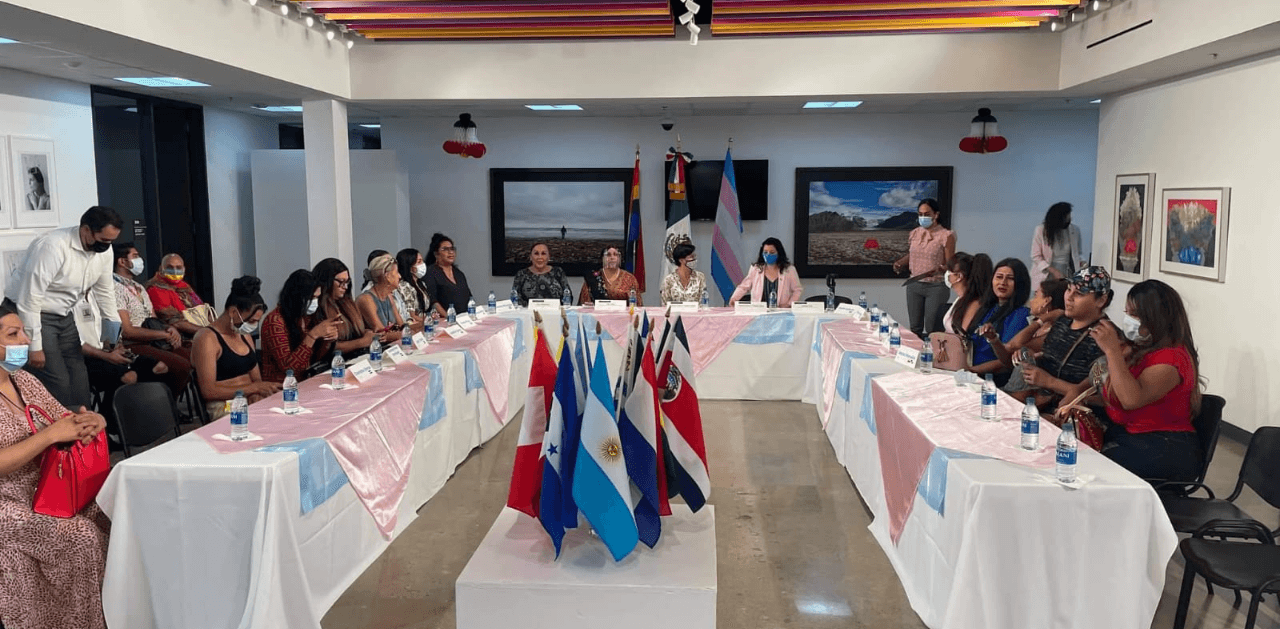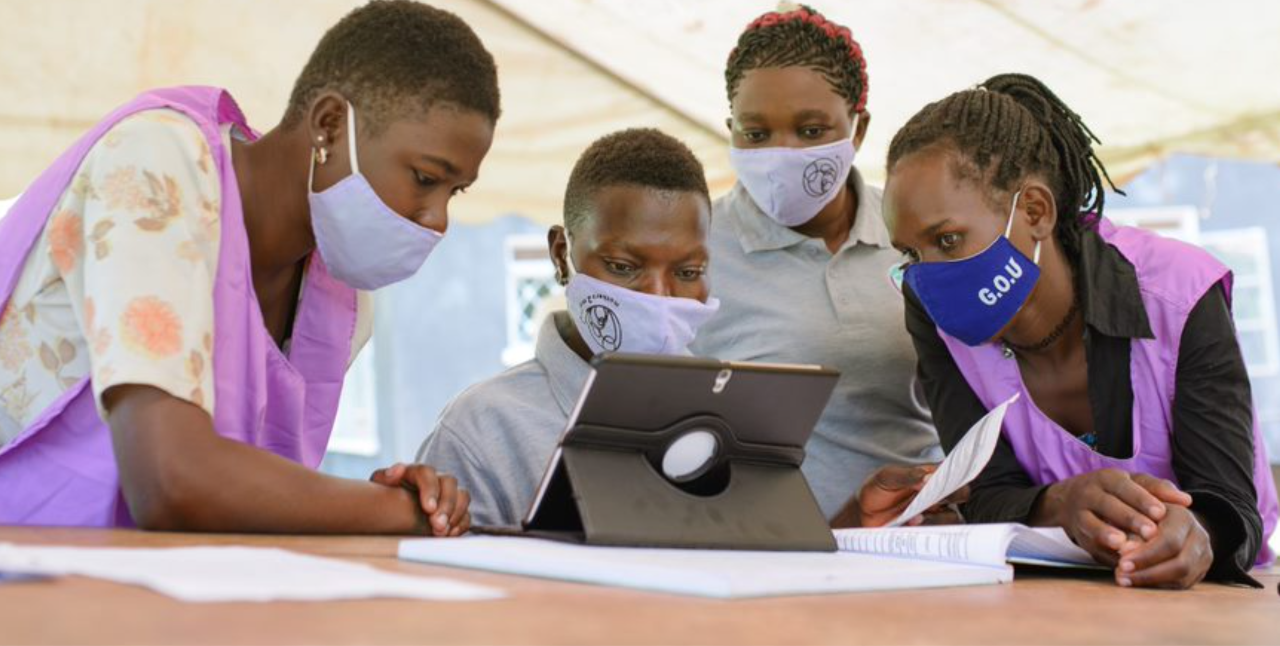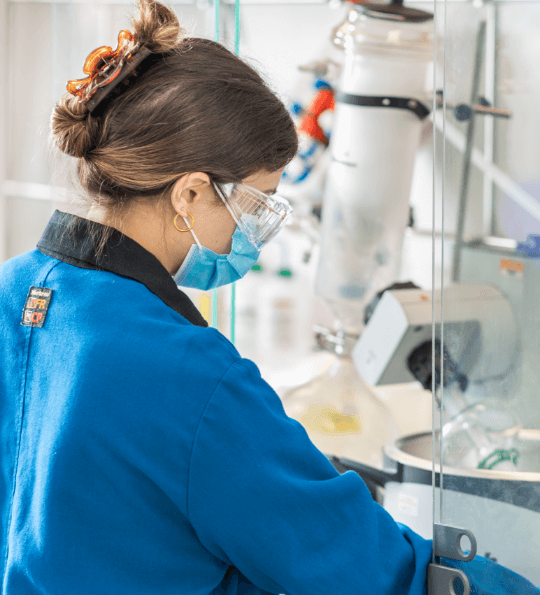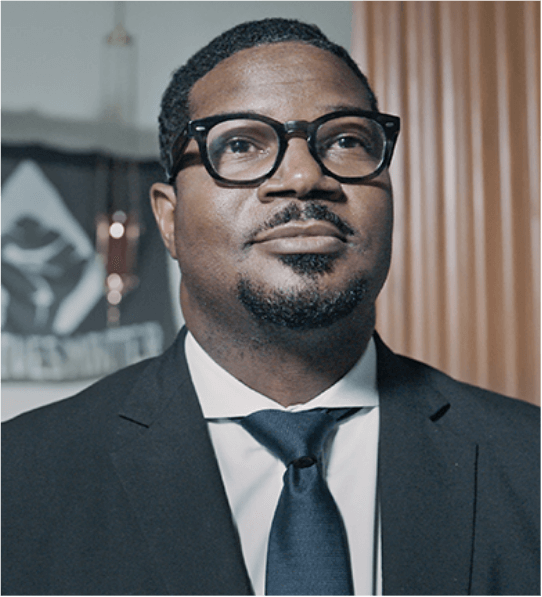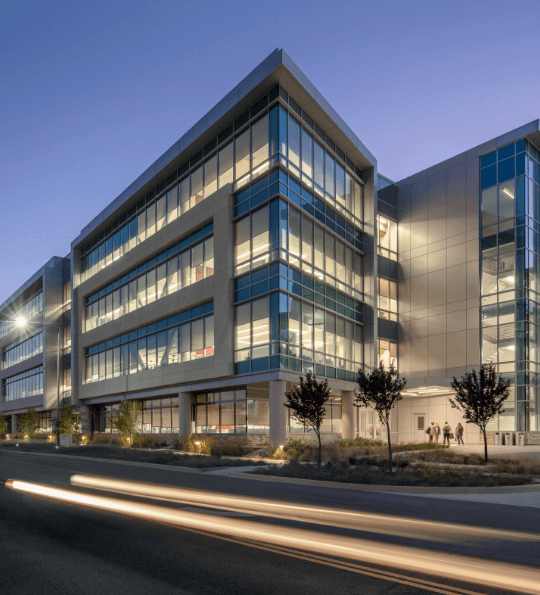Dean Walton: We've placed so much attention in the modern West on freedom, on individuality, and autonomy. And in the process, we've actually diminished some of the great ethical teachings of our faith traditions as it relates to what we owe the other. That's what social justice is about. It's about living our lives in such a way in our communities and structuring our society and world where we take care of the other.
Dean Jones: At Wake Forest, we talk about our motto, Pro Humanitate, for humanity. So that our enterprise for educating is not just for the sake of learning. We are doing the work that we do here at Wake Forest for humanity.
Dean Walton: HIV and AIDS is a human problem--disproportionately impacting the African-American community. At Wake Forest University School of Divinity, we believe that black lives matter, full stop.
Dean Jones: We know that nearly half of new diagnoses for HIV occurs in the Southern United States.
Dean Walton: I believe that communities of faith are central to helping change those narratives.
Dean Jones: Part of our excitement about connecting with the Gilead COMPASS Initiative is this recognition that in the South, you cannot effectively address HIV and AIDS without thinking about faith communities.
Dean Walton: COMPASS Initiative understands that if we really want to curb the negative impact of HIV and AIDS in the southern region, that we have to take a multi-prong approach. We have to engage with LGBTQ activist organizations. We have to engage with communities of faith. We have to engage with other health organizations. People who are doing the heavy work of human services.
Dean Jones: We'll know we're making progress when we've eradicated the disease. We'll know we're making progress when transformative storytelling takes hold and faith communities are telling a new story, and the disease is not stigmatized in the way that it is now. We will know that we are making progress when LGBTQ persons can live free and wholly in their faith communities without judgement and not have the need to be silent about who they are and who they love.
Dean Walton: It doesn't matter your sexuality, it doesn't matter your class, whether one is a Christian, a Muslim, whether one's Buddhist, HIV and AIDS is impacting our community.
Dean Walton: When we're able to walk into any African-American church in the south and see that they are addressing HIV and AIDS, doing testing, helping people with their medicine, when they're doing that in the same ways as they currently dodiabetes screenings or blood pressure screenings right now in their health ministries, I know that we've made a difference.


